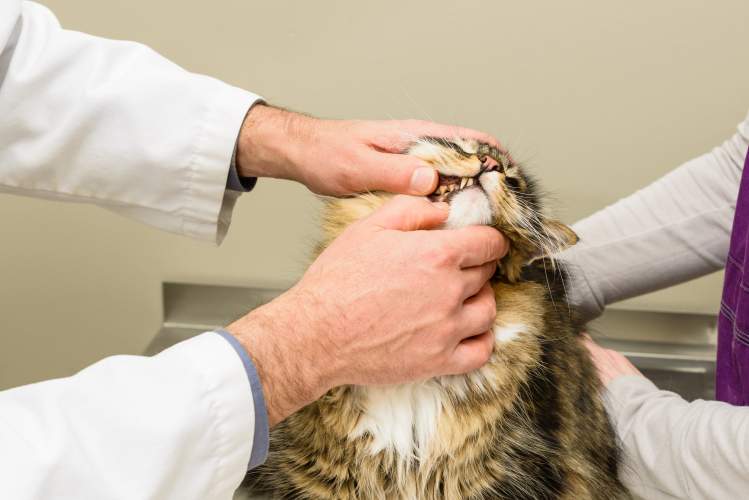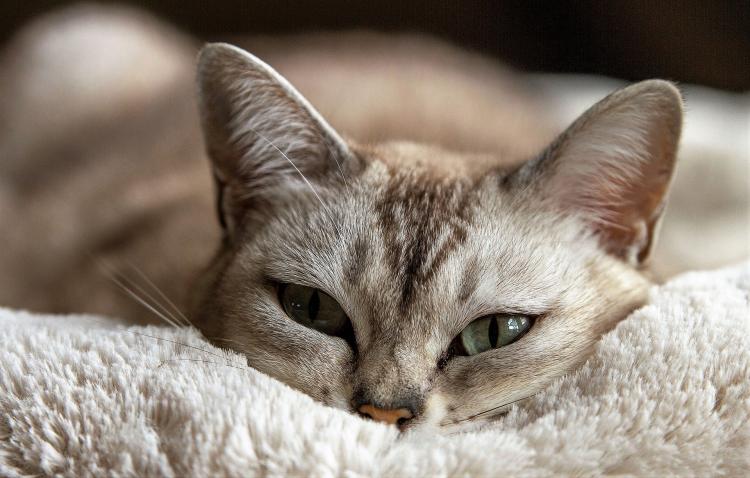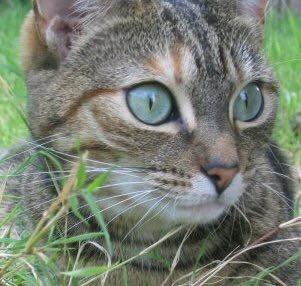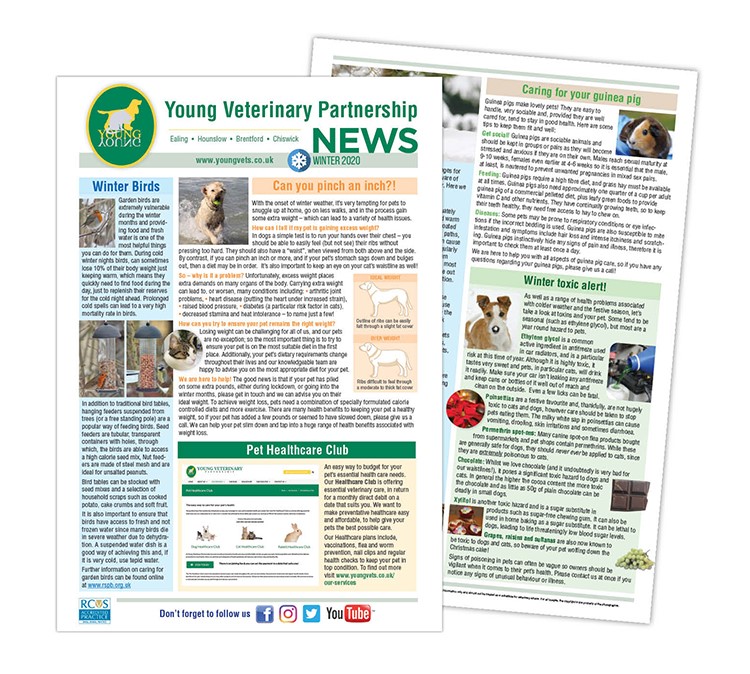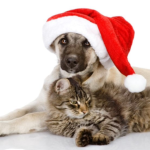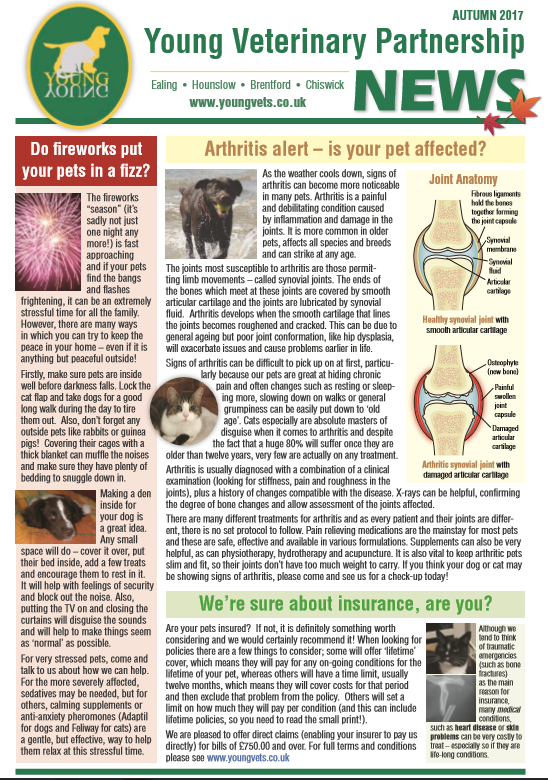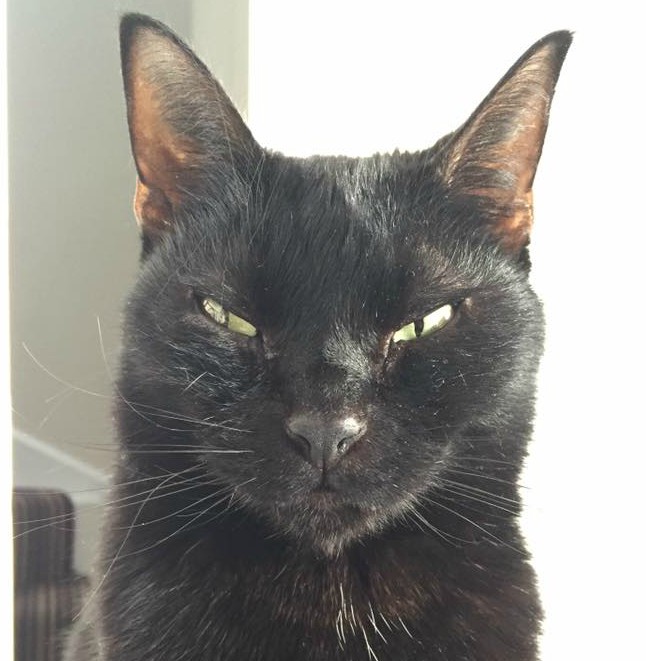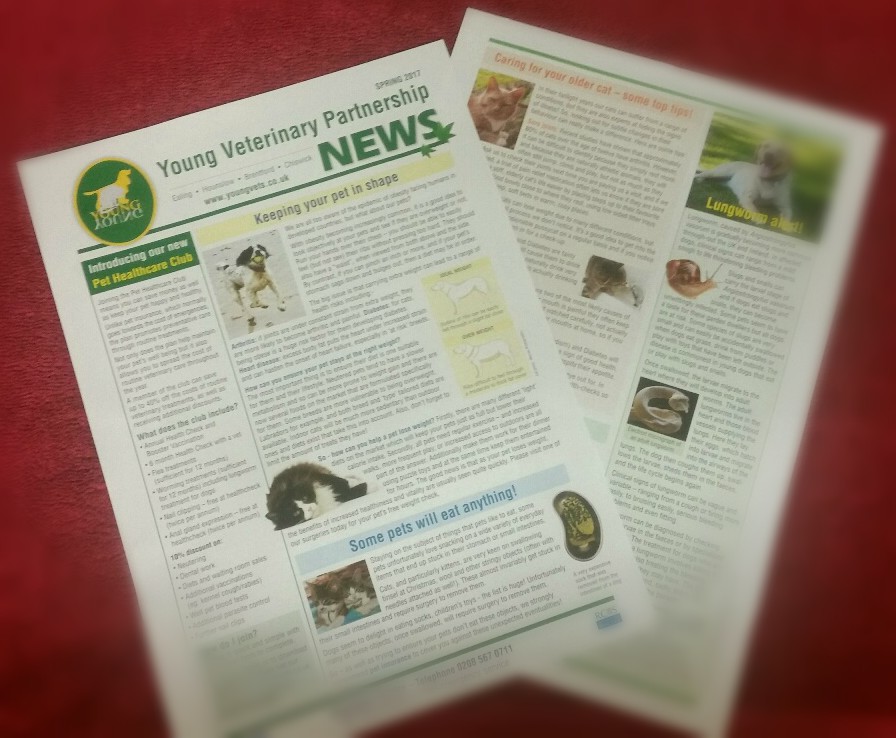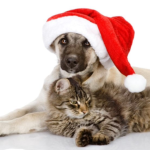Arthritis and your feline friend.
Arthritis in cats is a surprisingly common and serious health concern, without treatment the
pain will continue to worsen, particularly as the damp, cold weather starts. Recognising signs of pain in your cat can be tricky as they are very good at hiding the signs of struggling and discomfort. But as your cats protector, you know your pet better than anyone in the world so if you think that your cat is not quite as agile as they used to be, please do not hesitate to contact our team for advice and support.
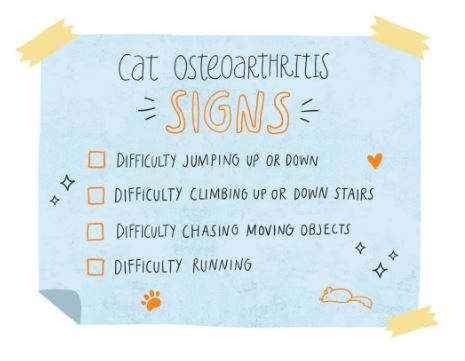
Other signs to watch out for include
Dull, matted coat – due to less self grooming.
Changes to personality – more irritable.
Not jumping up to their usual window sill / sunny spot.
Having accidents / missing the litter tray.
If you suspect your cat is struggling, do not panic, our team are available to help support you and your pet. We have a new injectable pain relief designed specifically to target the aches and pains of arthritis, meaning your cat can enjoy a comfortable, pain free life again.
All four of our West London surgeries are able to provide a treatment plan to support your pet. If you are not yet a client please register yourself and your pet here.
Already a client – please contact your local Young Vets surgery to discuss the treatment available and whether your pet is a suitable candidate.
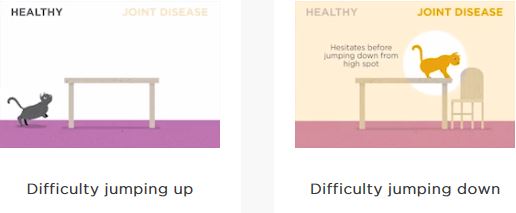
Read a success story from Charlotte & Mandu, clients at our Chiswick surgery.
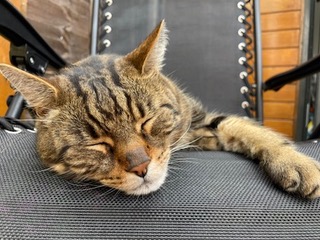
“Last year I noticed that when my 10 year old cat walked away from me, his back legs seemed stiff and he resembled a cowboy, akin to John Wayne! When Mandu climbed stairs, it was laboured and he didn’t like jumping up on to walls anymore.
My husband built some ramps around the home to help support him, the fence ramp is very popular but the stair ramp, not so much!

Last October, at Mandu’s yearly vaccination, the vet checked his hips and back legs and, after much hissing, the vet announced her suspicions – osteoarthritis. I had no idea that cats, like dogs and humans, could be inflicted with this horrible condition.
Mandu was prescribed a joint supplement, but after one month there was no change. I was recommended a new treatment, produced especially for cats to alleviate the pain of arthritis and improve mobility. Results from other patients were proving to be very promising.
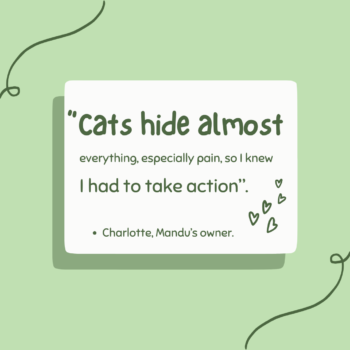
In February, Mandu had his first dosage (two vials as he’s nearly 8 kilo’s) and it was amazing to see the difference, within days he became more agile and comfortable. As a result, he returns every month for his top up dose, the cost of which is supported by my pet insurance.
The impact of chronic pain will affect your cat’s quality of life, as a fellow osteoarthritis sufferer, I know. Here’s hoping a human version is produced soon!”
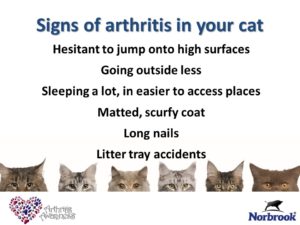
Why not take a short 8 question checklist, to help identify your cats quality of life, not just physically but emotionally.
The good news is that by identifying your cat’s condition, together with the help of our experienced team, we can develop a care plan to help put the spring back into your feline. Take a short feline only quiz here.
If you have concerns about your cat, please do not hesitate to contact our friendly team for advice and support on your pets individual needs. This pet blog is not intended to replace discussions with a veterinary surgeon and has been produced by the Young Veterinary Partnership with support from Zoetispetcare.com

